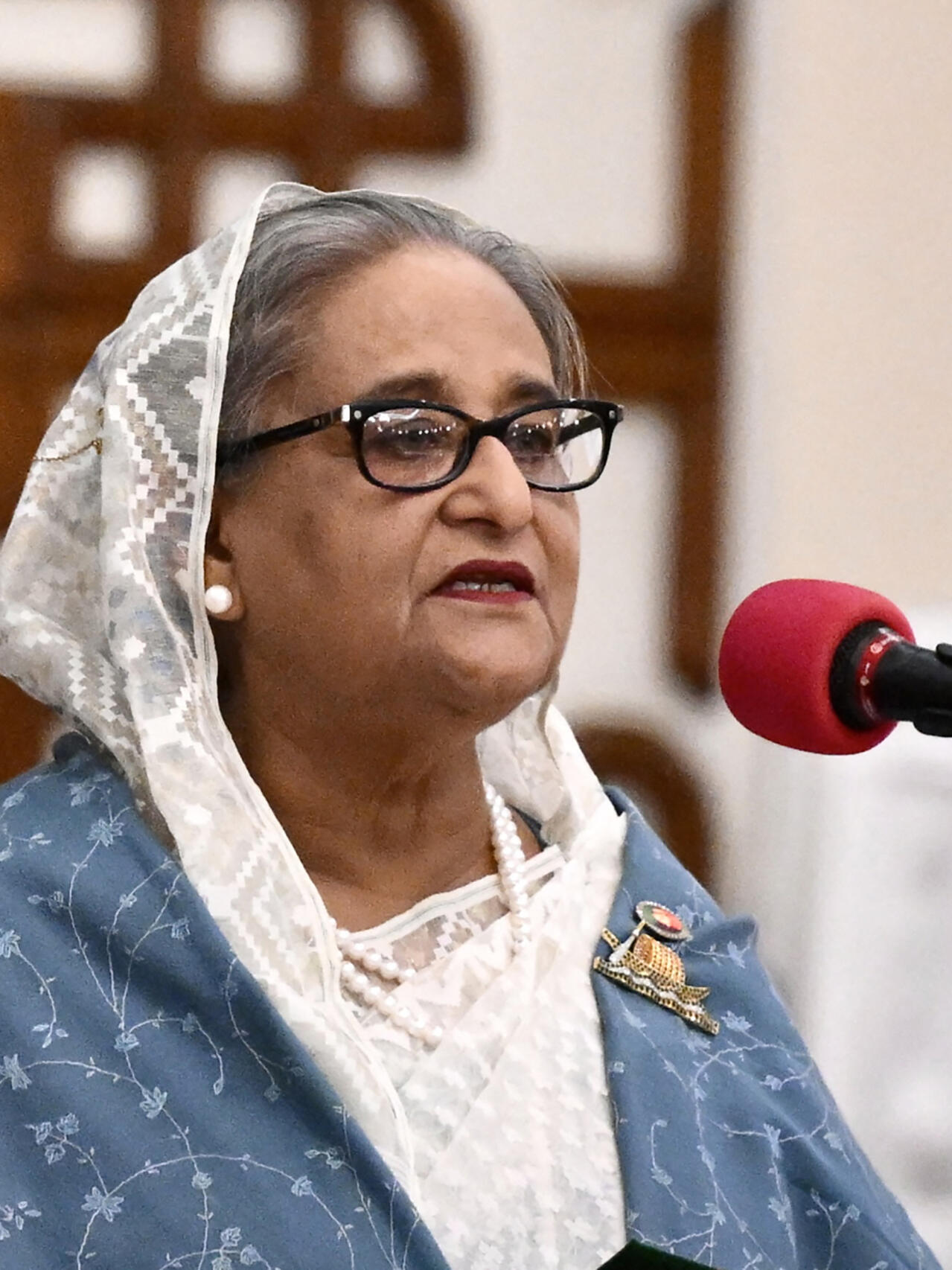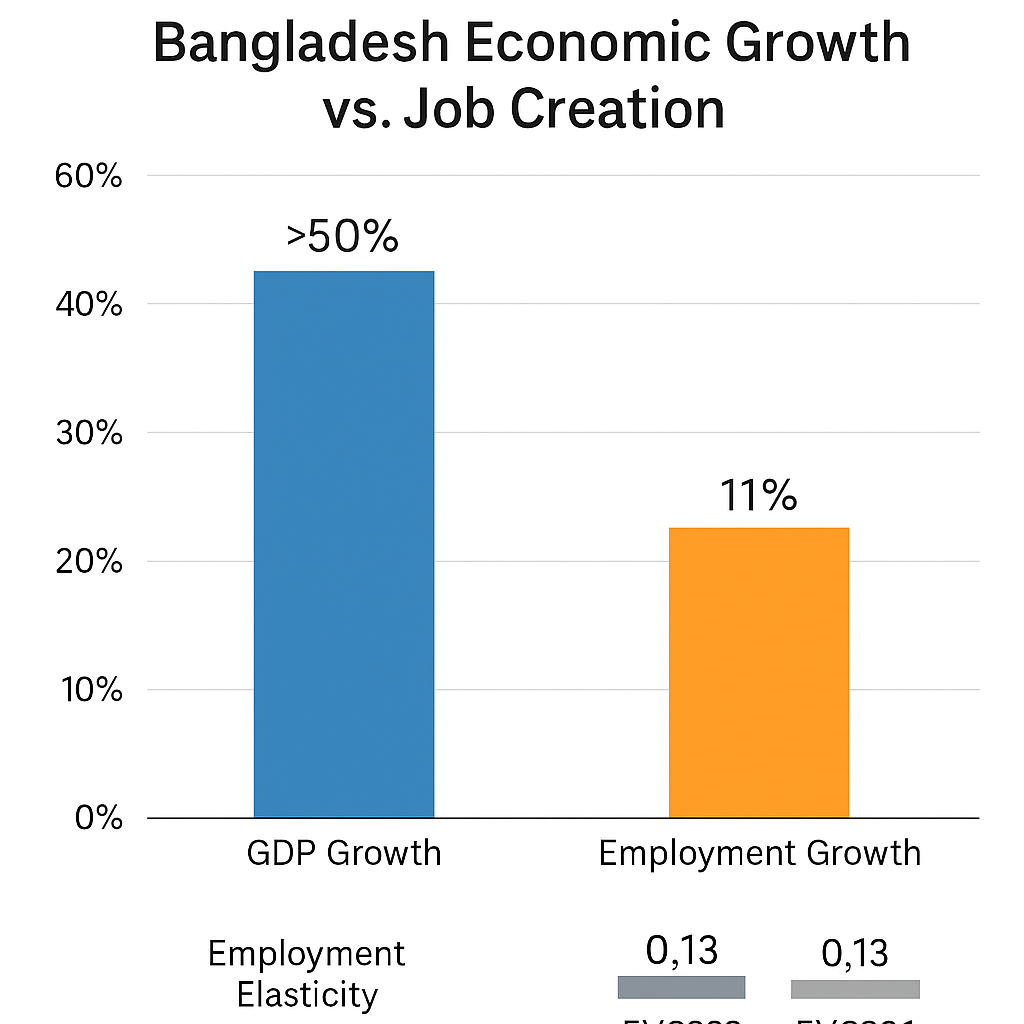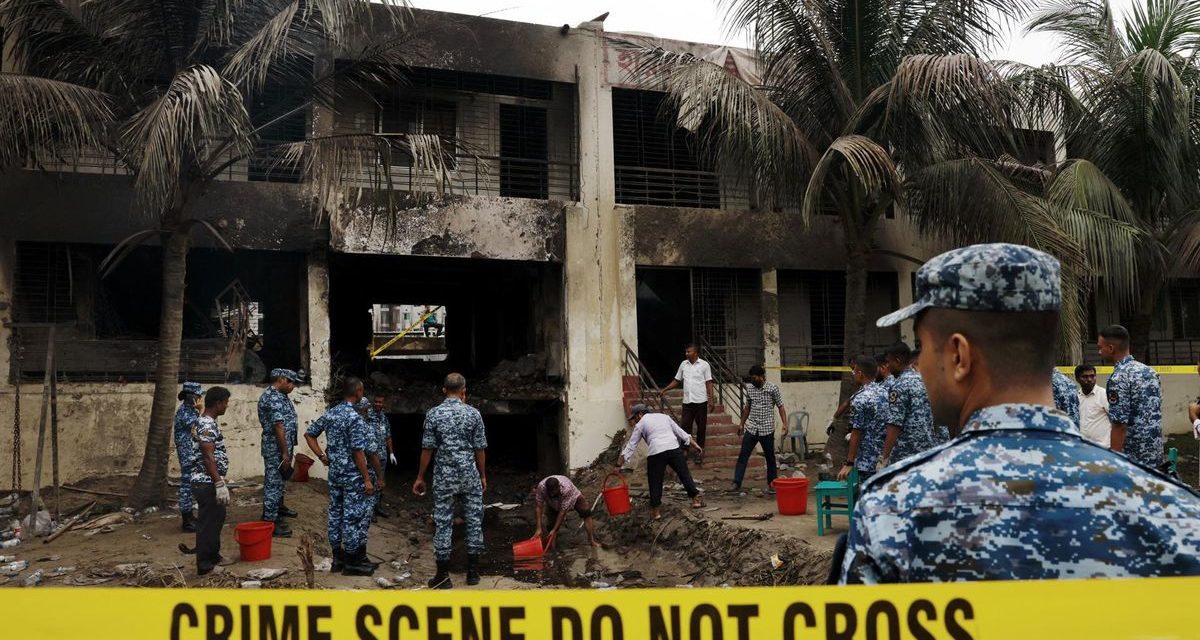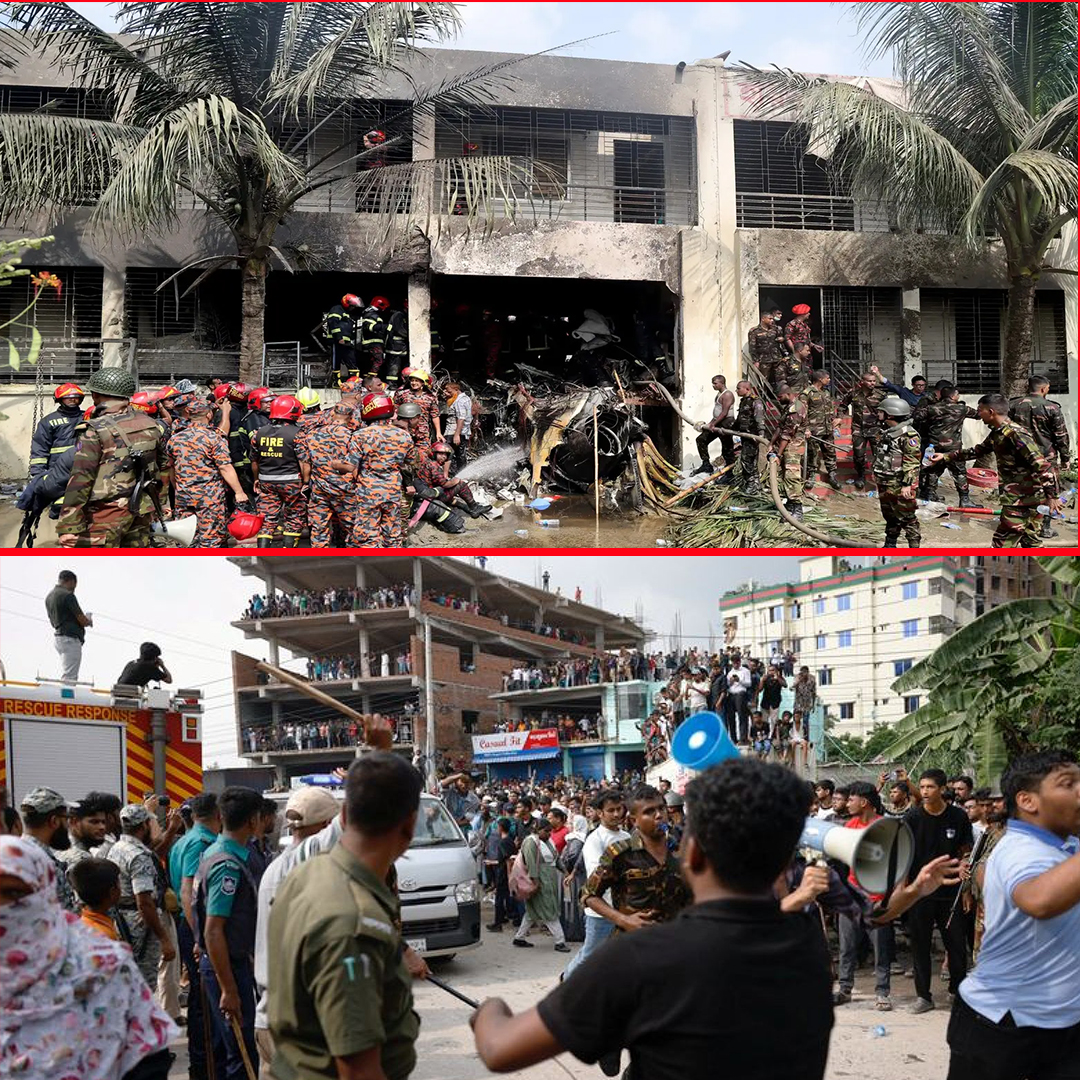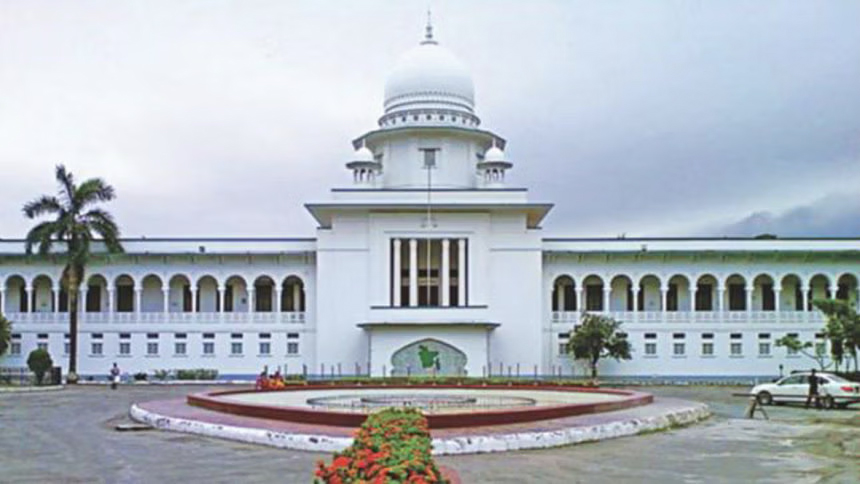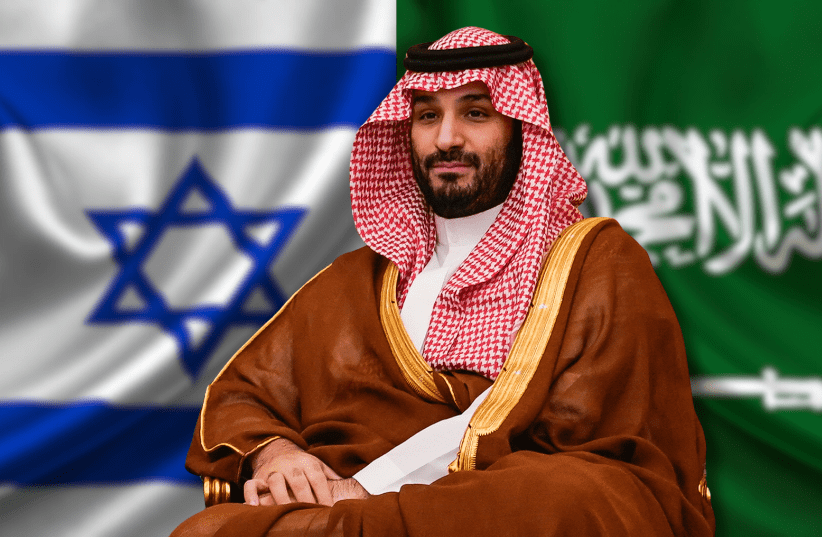
Riyadh warns Tehran that failure to reach an agreement could trigger a preemptive strike by Israel amid rising Middle East tensions
In a rare and urgent diplomatic move, Saudi Arabia has reportedly delivered a stern warning to Iran, urging Tehran to swiftly finalize a nuclear agreement with former U.S. President Donald Trump’s administration. Saudi officials emphasized that failure to reach a deal could lead to an Israeli military strike targeting Iran’s nuclear facilities, potentially sparking wider conflict in an already volatile region.
The warning was conveyed by Saudi Defense Minister Prince Khalid bin Salman during a confidential meeting with senior Iranian officials in Tehran in April 2025. The meeting included key figures such as Iranian President Masoud Pezeshkian, Armed Forces Chief of Staff Mohammad Bagheri, and Foreign Minister Abbas Araqchi. This high-level engagement underscored the seriousness with which Riyadh views the nuclear negotiations and their broader implications for regional security.
Prince Khalid, acting on behalf of King Salman, stressed that the Trump administration was losing patience with the prolonged negotiations and that the diplomatic window to resolve the nuclear dispute was rapidly closing. He warned that if Iran failed to reach an agreement, Israel might feel compelled to take military action to prevent Tehran from advancing its nuclear program. This warning was intended to push Iran toward compromise and avoid a potentially devastating conflict.
The backdrop to this warning is a Middle East fraught with tension and instability. Recent escalations in Gaza and Lebanon have heightened fears of wider regional conflict, making any military strike on Iran a risky gamble with far-reaching consequences. Saudi Arabia, traditionally a regional rival of Iran, appears to be adopting a more pragmatic stance by encouraging a diplomatic resolution to the crisis.
Iran has expressed willingness to negotiate but remains wary of the Trump administration’s demands, particularly concerning its uranium enrichment capabilities. Tehran insists on maintaining some level of enrichment, viewing it as a sovereign right and a critical component of its nuclear program. However, the U.S. and its allies have demanded stringent limits on enrichment to ensure Iran cannot develop nuclear weapons.
Economic sanctions have severely impacted Iran’s economy, providing motivation to seek relief through a nuclear deal. Nevertheless, Iranian leaders are cautious, fearing that overly restrictive terms could compromise their strategic interests. This stalemate has slowed progress in the talks and raised concerns about a possible breakdown in diplomacy.
Saudi Arabia’s intervention highlights a shift in regional dynamics. Historically, Riyadh and Tehran have had limited direct communication due to deep-rooted sectarian and geopolitical rivalries. This recent engagement signals a recognition by both sides of the catastrophic risks posed by escalating tensions and the potential benefits of dialogue, even if limited and cautious.
The Trump administration’s frustration with the slow pace of negotiations has been evident, with officials warning that all options, including military force, remain on the table if diplomacy fails. An Israeli strike, possibly supported by the U.S., could ignite a cycle of retaliation involving Iran-backed groups in Lebanon, Iraq, and Syria, destabilizing the region further and threatening global energy markets.
International actors such as Russia, China, and the European Union continue to call for renewed diplomatic efforts to avoid military confrontation. They stress the importance of multilateral talks and urge all parties to exercise restraint amid rising tensions.
Saudi Arabia’s role as a mediator in this crisis reflects its growing ambition to shape the future of the Middle East and prevent a conflict that could engulf the region. While skepticism remains about the durability of any agreement given longstanding animosities, the recent warning to Iran signals a shared interest in avoiding war.
In conclusion, the Saudi warning to Iran to finalize a nuclear deal with the Trump administration is a critical moment in the ongoing efforts to resolve one of the most dangerous security challenges in the Middle East. The coming weeks and months will be crucial as Iran and the U.S. weigh their options and the world hopes for a peaceful resolution that can bring stability to a region long plagued by conflict.

